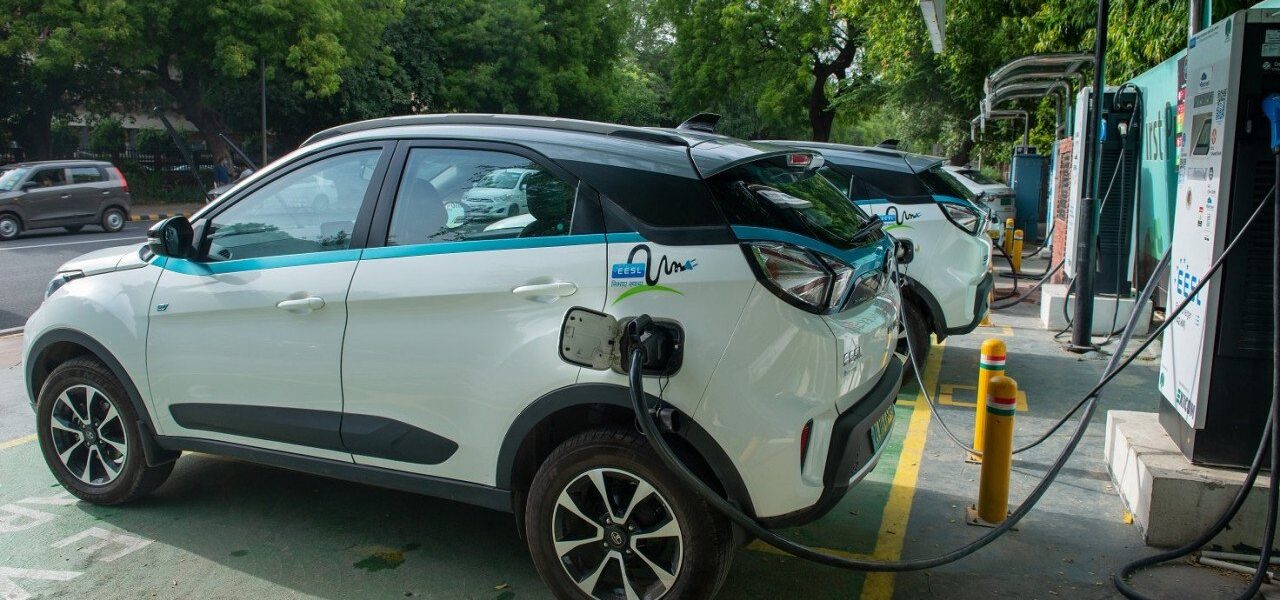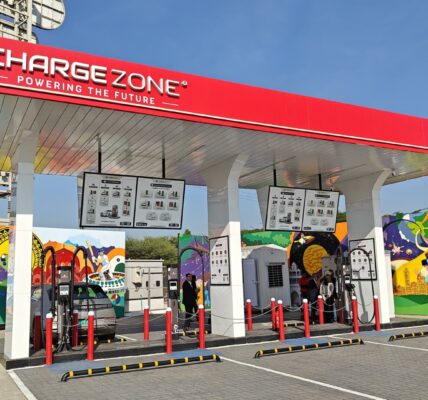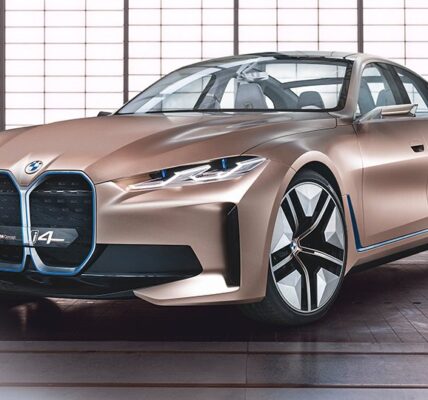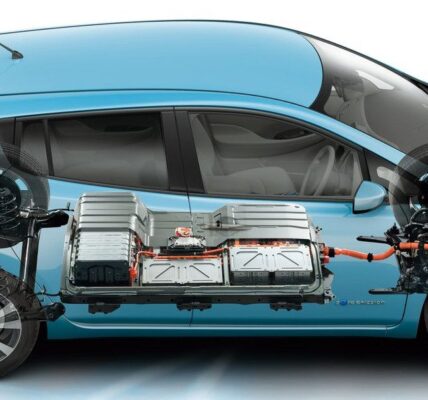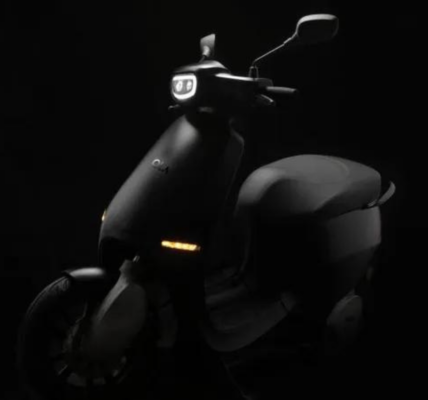Embracing the era of electric mobility, India is setting the stage for a groundbreaking transformation in its EV charging infrastructure, according to 3rd annual “2022 India Electric Vehicle Charging Infrastructure & Battery Swapping Market Overview” report released by energy advisory and services firm Customized Energy Solutions (CES), in association with India Energy Storage Alliance (IESA).
The report covers the current market trends and forecast of electric vehicle chargers by various charger types in terms of revenue (USD Million), capacity (GW) and volume (units). It predicts that the India EV charger market is poised to cross annual sales of around 0.9 million units by 2030 in the business-as-usual case scenario. The said market represents public, captive, and private (E4W) charge points deployed in the country.
Dr. Rahul Walawalkar, Founder & President, India Energy Storage Alliance (IESA) and President & MD of Customized Energy Solutions India Pvt. Ltd, said, “India’s electric revolution is gaining momentum at an astonishing pace. This report highlights our nation’s exceptional strides in electrifying the transport sector. Government policies and private investments are propelling us towards a future with clean, accessible electric mobility. With a commitment to innovation and sustainability, India is poised to lead the global charge towards emission-free transportation.”
The report includes an exclusive chapter dedicated to the analysis of both central and state-level EV policies concerning EV charging and battery swapping. It further explores the industry’s evolution, encompassing demand-side and supply-side analyses, business models, key challenges, and emerging trends in EV charging.
The research report charts three distinct market projection scenarios for the coming decade – the worst-case scenario, business as usual (BAU), and a national EV scenario (NEV). According to the report’s BAU scenario, the Indian EV charger market is poised to expand at an impressive CAGR of 46.5 percent between 2022 and 2030.
It is predicted to achieve annual sales of 3 million units to meet the requirement of chargers to meet the NEV scenario by 2030, with strong push towards Type-2 and fast charger installations. The report covers chargers of 3.3kW and above ratings.
During 2021, the total EV chargers supplied were more than 17,000 units. This includes chargers procurement by PSU, commercial fleet operators, bus operators and CPOs, supplied by EV OEMs along with E4W, according to the report.
“India’s electrification journey is a testament to our collective determination to combat climate change and drive sustainable transportation. Our report showcases the critical role of policies and industry collaborations in accelerating India’s electric vehicle infrastructure. Together, we are creating a brighter, cleaner future for India and the generations to come”, said Avanthika Satheesh, Director, Customized Energy Solutions.
The EV charger demand in India witnessed an increase in 2022 owing to tenders announced by PSUs such as Convergence Energy Services Limited (CESL), NTPC Vidyut Vyapar Nigam Ltd., Indian Oil Corporation Limited (IOCL), and Kerala State Electricity Board (KSEB) which is expected to add around 6,000 charging stations by 2023.
Further, the report notes that the efforts taken by Department of Heavy Industries through FAME Scheme has resulted in the increase in number of charging stations in India. State governments are also taking active steps to increase EV charging network in the state by providing attractive incentives in the form of capital subsidy and 100 percent reimbursement of state GST, it adds.
States like Haryana, Kerala, Madhya Pradesh and Andhra Pradesh provide attractive capital subsidy for the deployment of limited number of fast and slow EV chargers. Further, Delhi and Maharashtra emerge to be favorable locations for installing of private charging due to availability of additional state subsidy. Some of the state’s regulatory commission have announced tariff for EV charging under separate category in tariff order, the report notes.


